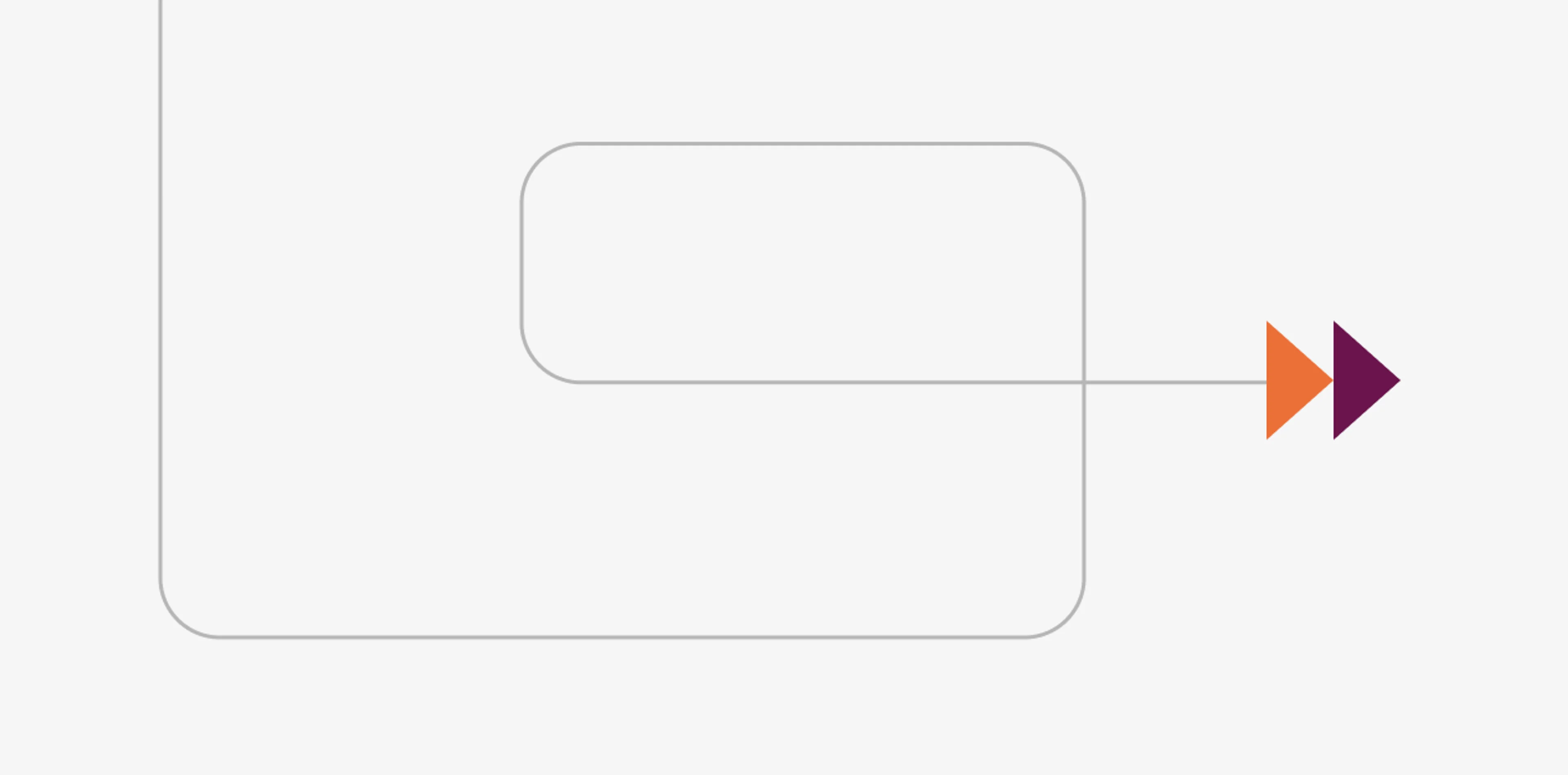
Should You Take Bonus Depreciation?
Bonus depreciation allows businesses to recover the costs of depreciable property more quickly by claiming additional first-year depreciation for qualified assets. The Protecting Americans from Tax Hikes Act of 2015 (the PATH Act) extended 50 precent bonus depreciation through 2017. The break had expired Dec. 31, 2014, for most assets. So the PATH Act may give you a tax-saving opportunity for 2015 you wouldn’t otherwise have had. Many businesses will benefit from claiming this break on their 2015 returns. But you might save more tax in the long run if you forgo it.
What Assets are Eligible?
For 2015, new tangible property with a recovery period of 20 years or less (such as office furniture and equipment) qualifies for bonus depreciation. So does off-the-shelf computer software, water utility property and qualified leasehold-improvement property. Acquiring the property in 2015 isn’t enough, however. You must also have placed the property in service in 2015.
Should You or Shouldn’t You?
If you’re eligible for bonus depreciation and you expect to be in the same or a lower tax bracket in future years, taking bonus depreciation (to the extent you’ve exhausted any Section 179 expensing available to you) is likely a good tax strategy. It will defer tax, which generally is beneficial. But if your business is growing and you expect to be in a higher tax bracket in the near future, you may be better off forgoing bonus depreciation. Why? Even though you’ll pay more tax for 2015, you’ll preserve larger depreciation deductions on the property for future years, when they may be more powerful — deductions save more tax when you’re in a higher bracket.
We Can Help
If you’re unsure whether you should take bonus depreciation on your 2015 return — or you have questions about other depreciation-related breaks, such as Sec. 179 expensing — contact Doeren Mayhew tax advisors.


